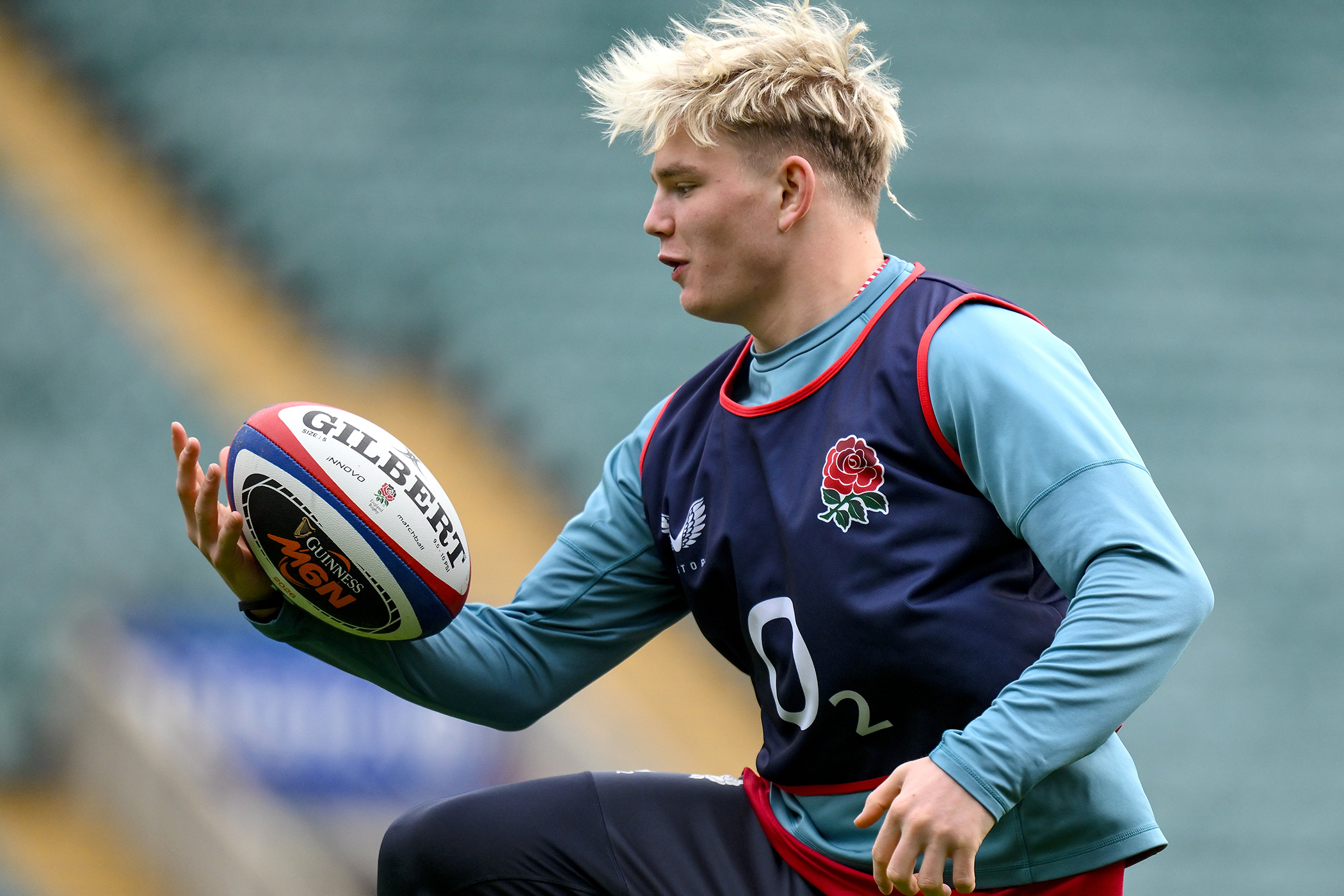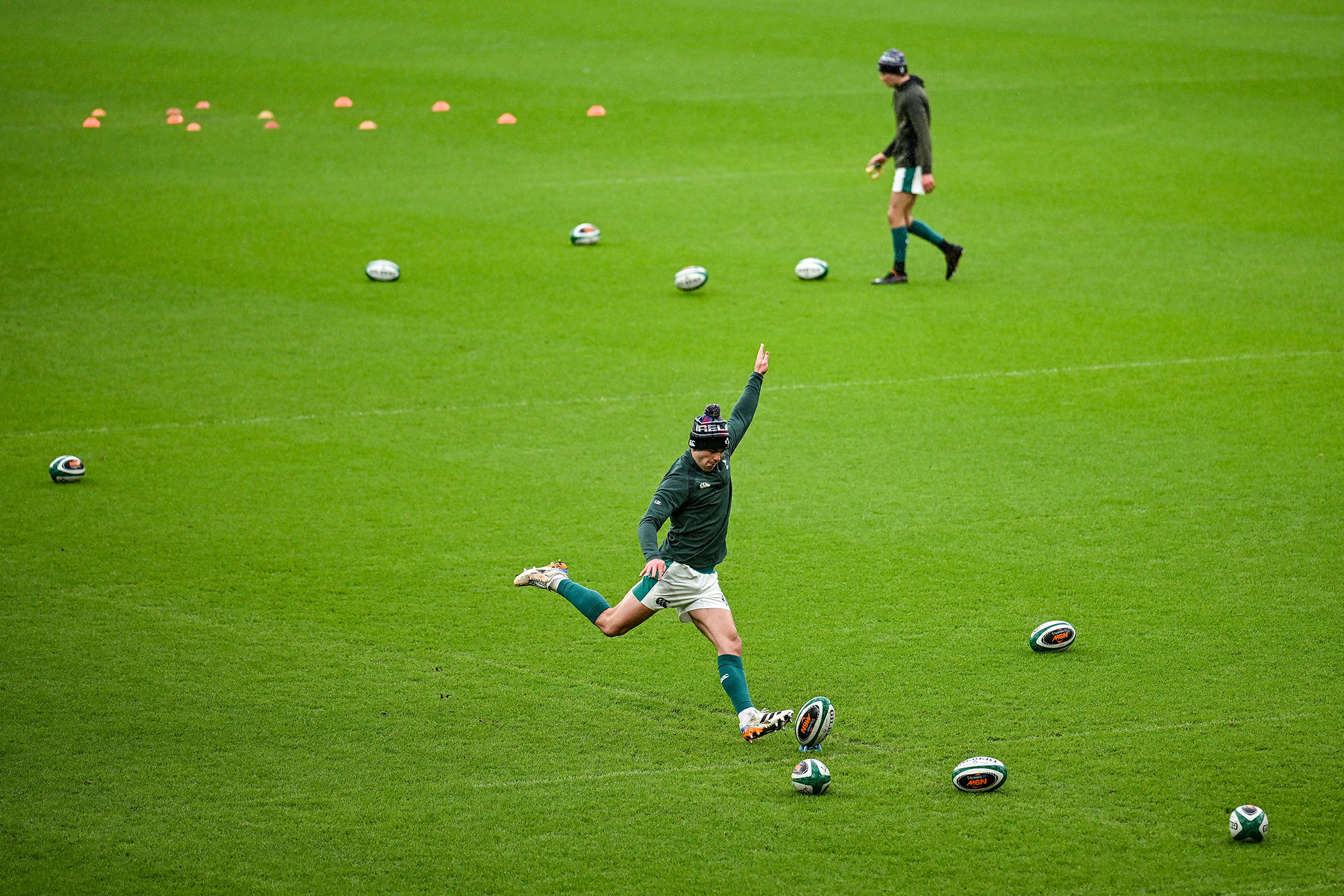I appreciate that, unlike myself, you may not have the commentary from Andy Murray’s first Wimbledon title seared into your brain. There is a moment before match point, with Murray serving to end a 77-year wait for a British men’s winner at Wimbledon, where Tim Henman suggests that an ace to match Murray’s gold-winning moment at the 2012 Olympics the previous year would be a fitting way to wrap things up against Novak Djokovic. Boris Becker’s response is perfect, which is a description you cannot use when it comes to some of Becker’s life choices. “Any point will do.” Who cares how Murray gets over the line, as long as he does it.
At the polar opposite end of the success scale to Murray’s Wimbledon triumph, the same statement applied to Wales on Saturday against Japan. No need for style, they simply had to find a way to defeat Japan, to give the Welsh public something to hold onto – after shipping 50 points to Argentina the previous Sunday and with no-hoper games to come against New Zealand and South Africa. With Japan leading going into the final quarter, it was shaping up to be a horrendous campaign. Marching 90 metres up the field, they gave Jarrod Evans a match-winning penalty with the clock in the red, less than two minutes after he came on the field. 24-23. Any point will do.
Something to cling on to amid the off-field turmoil. This autumn campaign for Wales is all about laying the foundations, or taking the first steps back up the mountain, depending on your cliché preference. Settle on a fly-half, on a centre combination. Fortify a leaky defence. Make progress with your set-piece. Build belief and character. The return of Louis Rees-Zammit gives Wales some much welcome razzle dazzle but he will only thrive if the rest of the team functions, and for that you need tough grafters. Which is why someone like Olly Cracknell, the Leicester back-row who was Wales’s top tackler in his first Test start against Japan with 23, feels like such a good addition.
Having followed Wales closely as a reporter during the final years of Warren Gatland’s first tenure – clinching a Grand Slam and reaching the Rugby World Cup semi-finals in 2019 – I witnessed, with hindsight, a fairly miraculous combination of a golden wave of Welsh players intersecting with a clear tactical game plan and a focus on being fitter than anyone else. It all came together with outstanding results. Remember how Wales and South Africa were tied at 16-16 with five minutes left of the 2019 semi-final in Yokohama? The contrast in the respective trajectories of the two sides since then has been staggering. The fact that Wales’s best player and their captain, Jac Morgan, injured himself while scoring against Argentina with a dislocated shoulder ruling him out for the rest of the autumn was like rubbing a mountain of salt into the wound.
During those euphoric celebrations after Evans's penalty the camera cut to the coaches' box. Tandy could not watch Evans’s kick, taking himself out of the room. You could spot Dave Reddin, the WRU director of rugby, puffing out his cheeks in relief. He knew what the optics would be if Wales had lost again. If the 833-day wait for a home victory had continued, possibly until facing Italy at the end of next year’s Six Nations but potentially even beyond that.
Reddin’s arrival was heralded as a new dawn but the rollout of remodelling the Welsh game, the very public discourse over how many Welsh regions will be play in future in the United Rugby Championship, has been messy at best, shambolic at worst. Proposals back in August suggested the number of regions should drop from four teams to two. Then in October the WRU publicly confirmed that they want to have three by the start of the 2027-28 season, based in Cardiff, east Wales and west Wales.

There is no argument here over the number of Welsh regions being too high, but the process has been found wanting. Forget trying to win a Test match. Imagine trying to put yourself through games of international rugby while wondering if the regional side you play for will exist beyond next season. The funneling of four squads worth of players into three franchises means livelihoods are at risk. Players and coaches can talk about focusing on matters on the field but ultimately they are human beings, not robots. Worrying about whether you will have to uproot your family or whether another side will offer you a contract – and that is before considering the value of that contract – is a remarkably difficult process. Given that Ospreys and Scarlets only have deals with the Welsh Rugby Union running until 2027, both sides are in the firing line.
News emerged at the start of this week confirming the desperate state of relations between the regions and WRU, with WalesOnline reporting that representatives for the Dragons had walked out of a three-hour meeting after only 10 minutes. Reddin and WRU want to put all players and performance staff on central contracts – a similar model to Ireland – taking total control of the rugby side of operations, while asking the current funding directors to chip in with £1m per season. David Buttress, the Dragons owner, responded to the report by saying: “Personally, I think lasting ten minutes was a great achievement given the content.” We are some way of all the major parties in Wales singing off the same hymn sheet.
One positive to come out of that October announcement was the return of a national academy, a drum which Warren Gatland towards the end of his second spell and former players including Sam Warburton have been banging for some time, lamenting the decision to axe the system back in 2013 as part of cost-cutting measures.
But beyond that? Imagine the mood if Wales had lost to Japan, meshed with the frustrations of how the future of the regions has played out in public. The celebrations after the final whistle against Japan spoke of pure relief. Honestly, keeping either of New Zealand and South Africa under 40 points would be an achievement, summing up how far the game in Wales has fallen.
Newsletters
Choose the newsletters you want to receive
View more
For information about how The Observer protects your data, read our Privacy Policy
Photography by Bob Bradford - CameraSport via Getty Images



